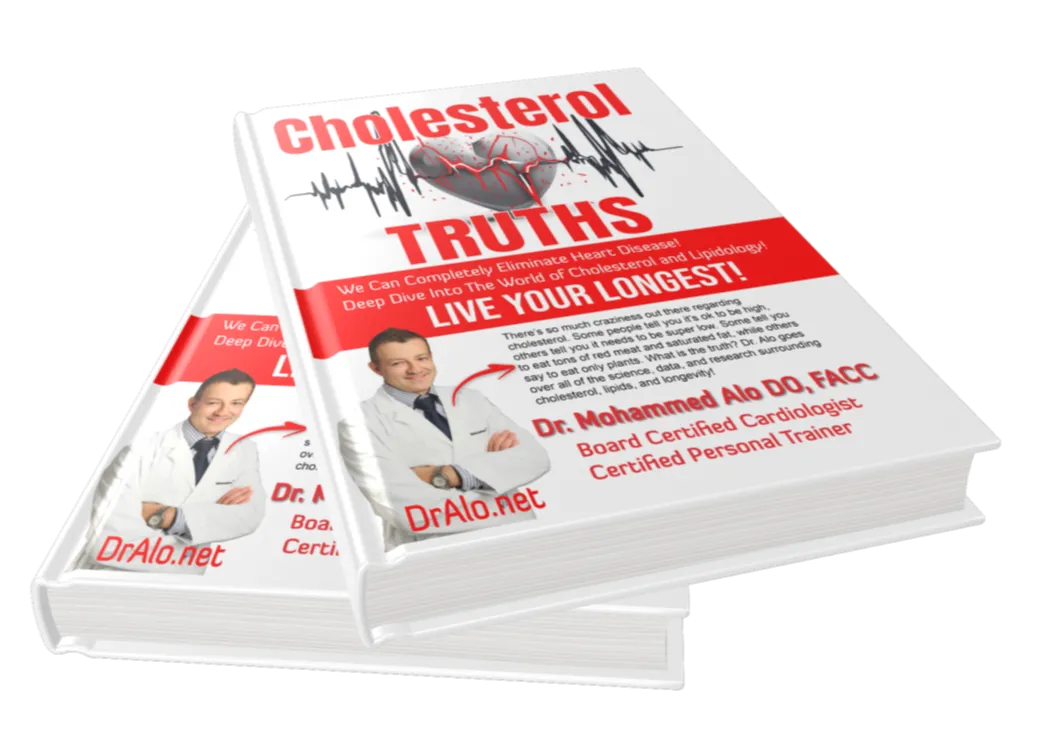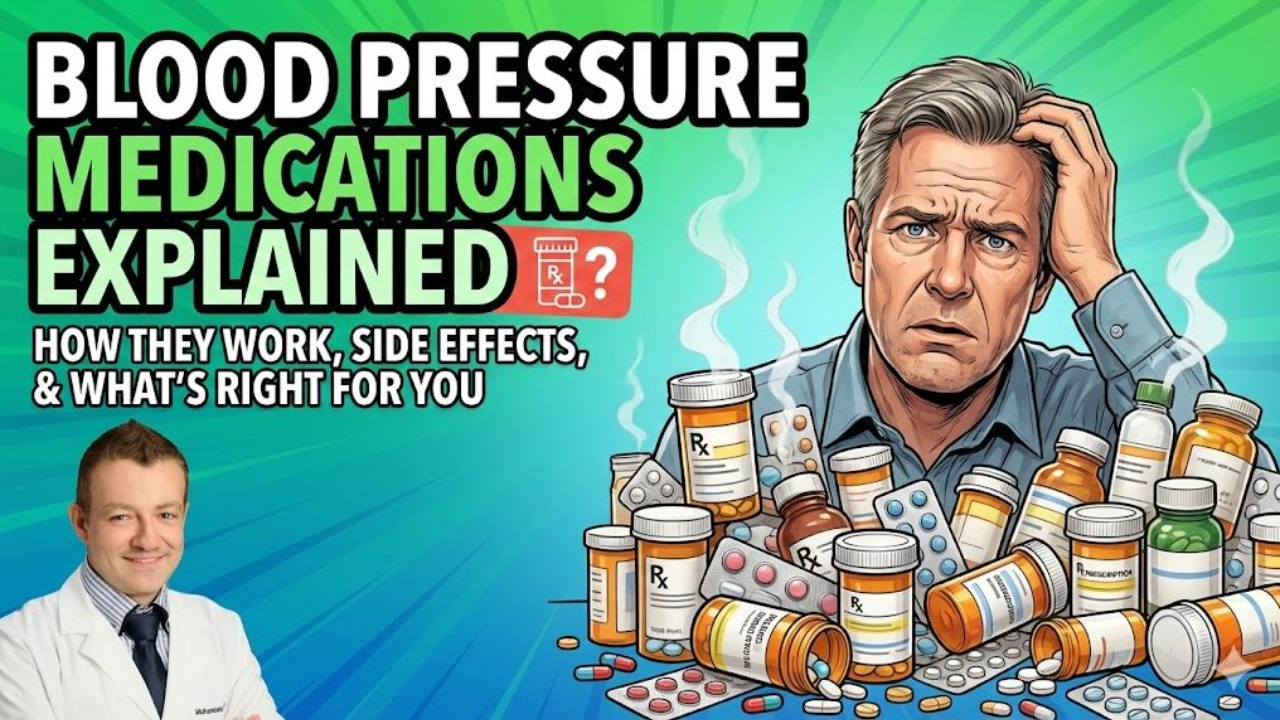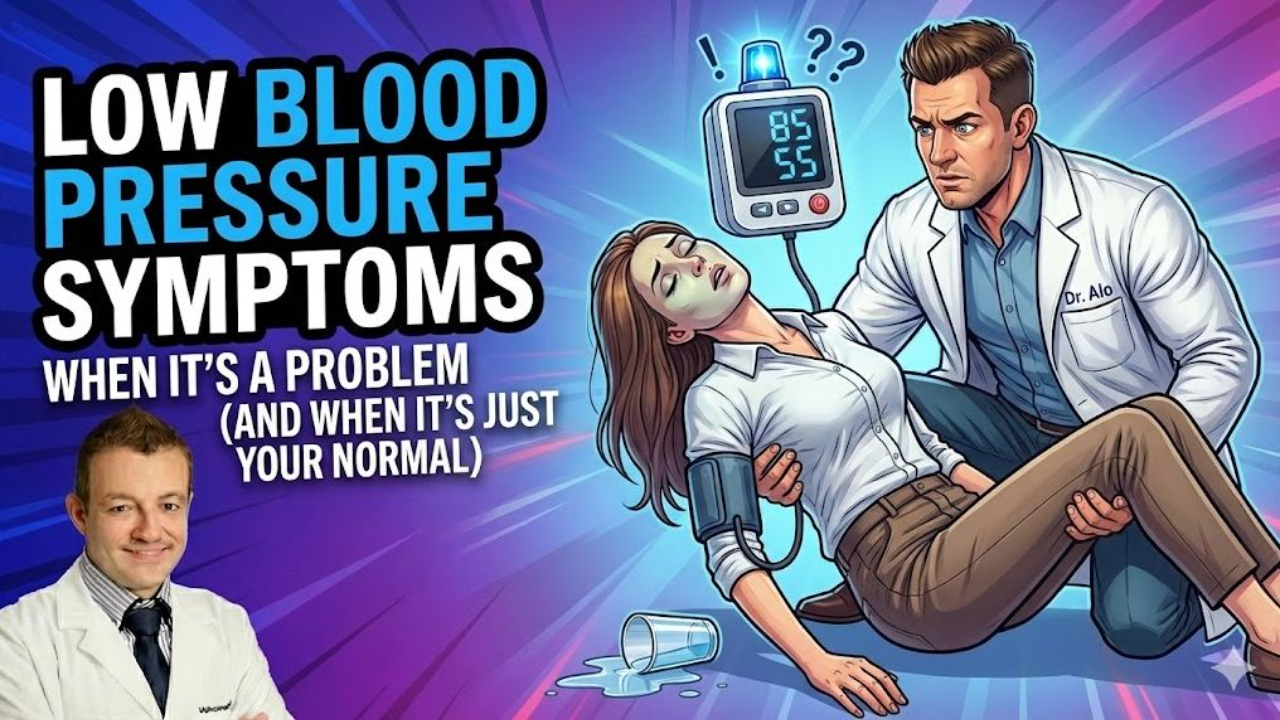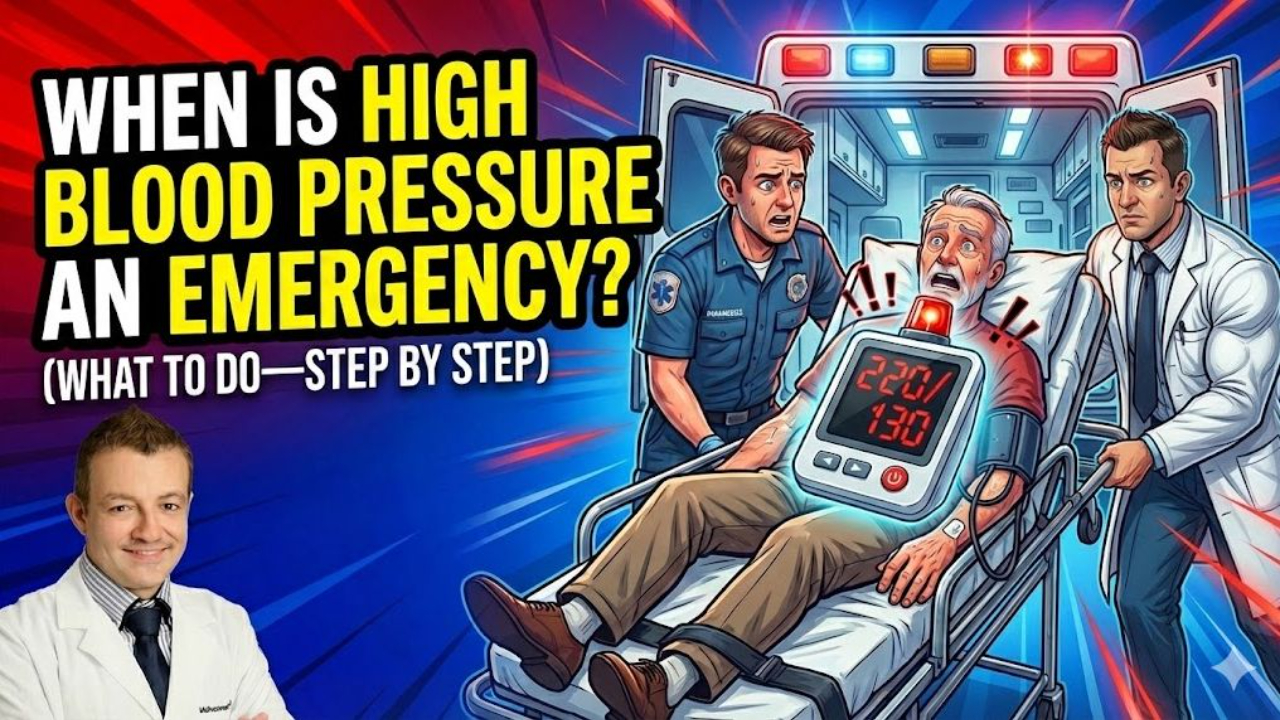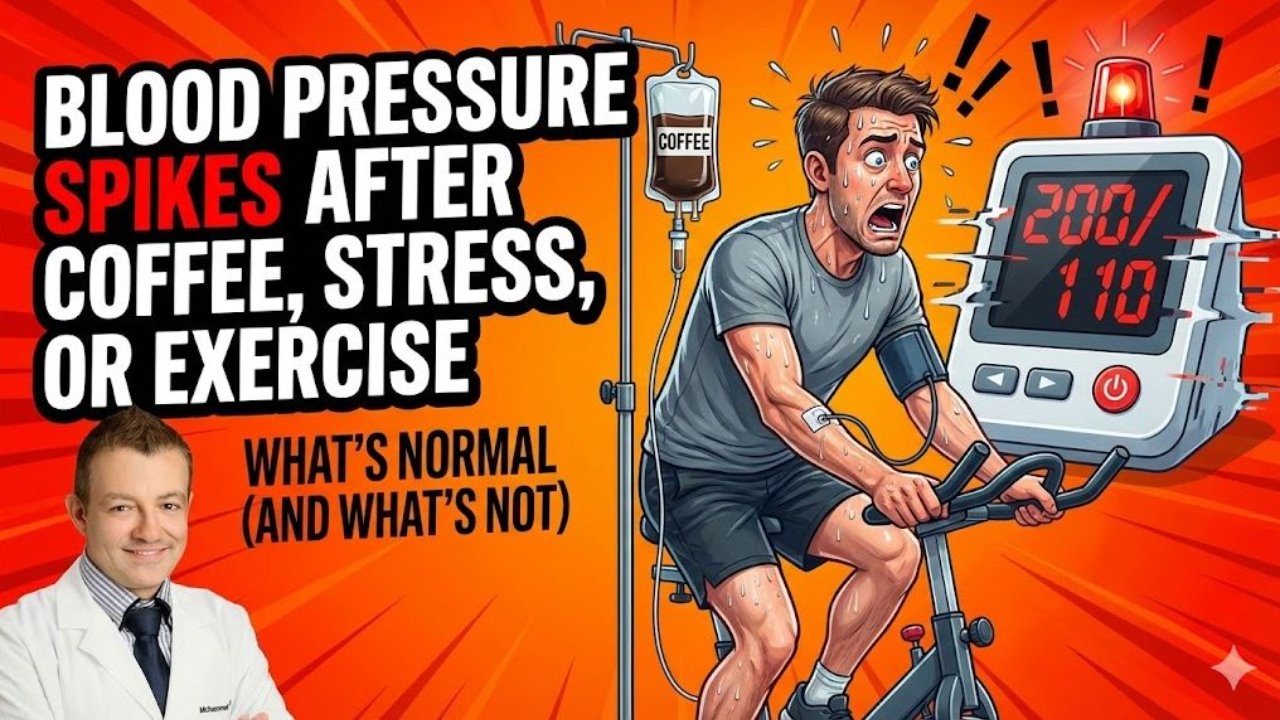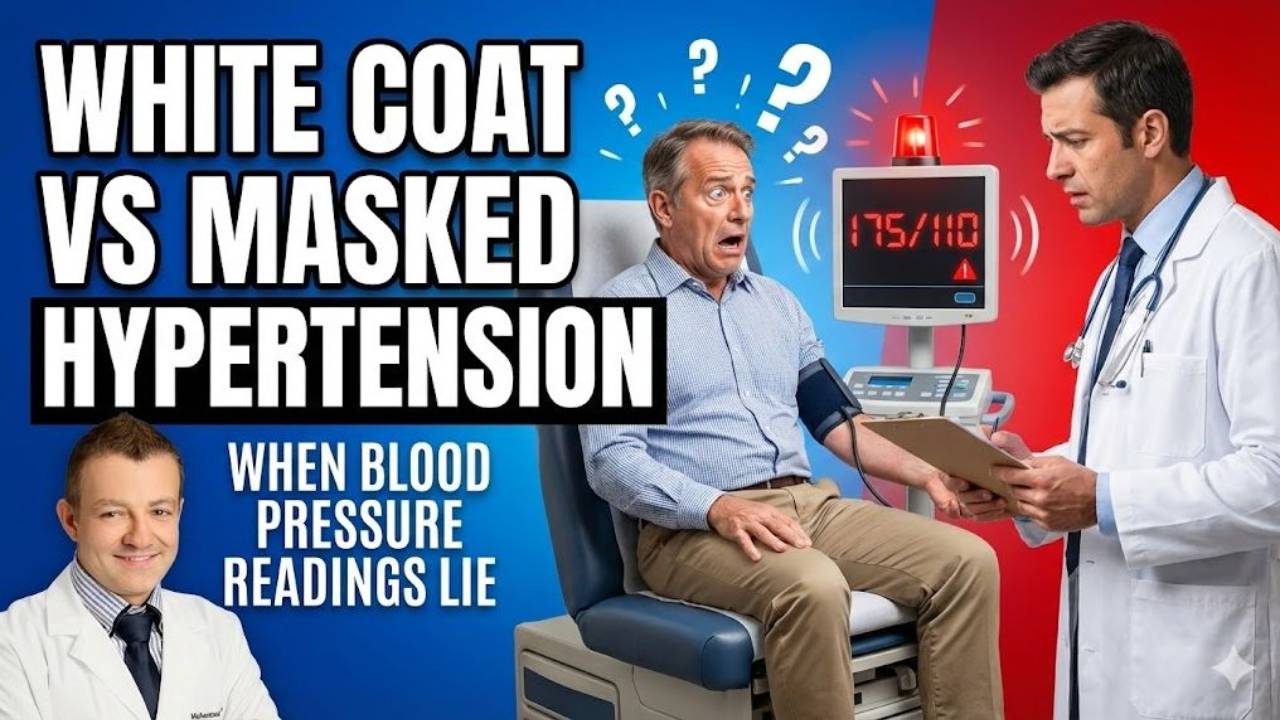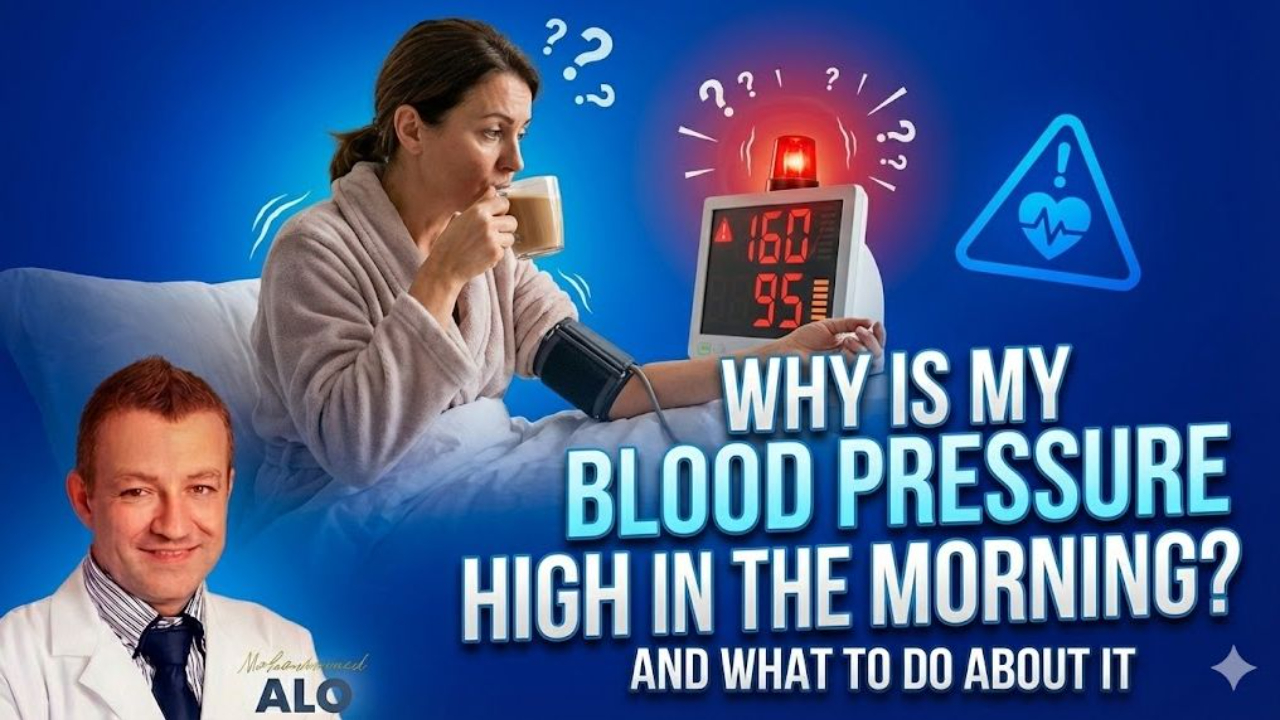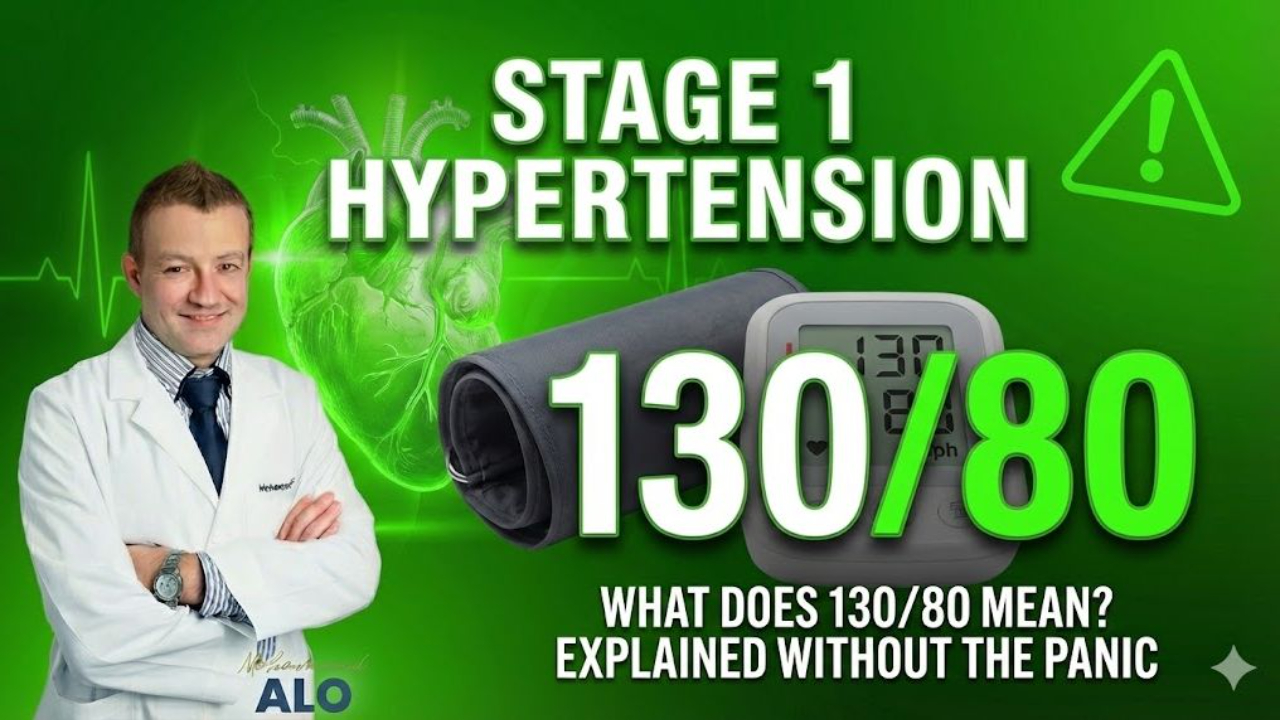Does Sugar Cause Heart Disease?
Apr 23, 2024
Sugar Causes Heart Disease
One of the most common questions I get online is about sugar causing heart disease. There are so many misconceptions out there on this topic, so it's important to set the record straight.
As always, there's a lot of nuance. The answer isn't just "yes' or "no". In fact, anyone who answers without any nuance and without any context is usually lying or just doesn't know enough.
We will examine ways in which sugar can cause heart disease and ways in which sugar can not cause heart disease.
Sugar Doesn't Cause Heart Disease
It’s very nuanced and complicated.
Sugar, in and of itself, does not cause atherosclerosis. There is no direct mechanism by which this can occur. No study has demonstrated this definitively. But there is some nuance and there are ways in which sugar could lead to worse outcomes.
If you are overconsuming sugar, and it is leading to obesity, thereby worsening insulin resistance, hypertension, inflammation, then sure, that will worsen your cardiovascular outcomes if you have elevated apoB.
However, if you are at an ideal body weight, and you are enjoying carbohydrates, even in the form of pure sugar, you will not adversely affect your outcomes, provided your LDL-C or apoB is controlled.
If you are in a calorie deficit, and losing weight, even if you are consuming mostly sugar, your cardiovascular markers all improve.
If you have insulin resistance, consuming carbohydrates, especially simple carbohydrates, will increase triglycerides in your blood stream. This will also slightly prolong half-lives and plasma residence times of lipoproteins, which will increase triglycerides and cholesterol that is measured in your blood stream. In this scenario, over consumption of “sugar” can lead to elevated cholesterol. This would also occur with meals with saturated fat. So it’s not just the sugar. In this scenario, sugar causes heart disease because it increases plasma cholesterol levels.
How Can Sugar Cause Heart Disease?
Are there studies that may show an association between sugar intake and heart disease? Yes, of course. But you will find that when you correct for caloric intake, obesity, insulin resistance, apoB, and other covariates, those associations disappear.
Does Sugar Reduce The Risk Of Heart Disease?
In the Iowa Women’s Health Study, it was found that women who consumed more whole grains (carbs) had a reduced risk of ischemic heart disease.
Study:
https://www.sciencedirect.com/science/article/pii/S0002916523005981
Does Insulin Resistance Cause Heart Attacks?
One thing to note is that only about 25-30% of patients admitted to the hospital with acute coronary syndrome (heart attack), actually had diagnosed diabetes. That being said, diabetes does impart a 2X risk. That means that if you had diabetes, you have a two times higher chance of having a heart attack than your exact twin that doesn’t have diabetes.
Study:
https://pubmed.ncbi.nlm.nih.gov/35245735/
In the PURE study, increased intake of carbohydrates was not associated with cardiovascular disease and cardiovascular mortality. This study is not especially reliable due to the way information was gathered. But the anti-cholesterol crowd likes to cite this study. Well, here is a part of it they may not like.
Study:
https://www.thelancet.com/article/S0140-6736(17)32252-3/fulltext
For more on this topic, I suggest you read the SACN Report (Scientific Advisory Committee on Nutrition). Start at section 5.8 where they review all the trials on carbohydrate intake and cardiovascular disease. After analyzing every study on carbohydrate intake, there was no association between sugar intake and any form of heart disease.
Review:
https://assets.publishing.service.gov.uk/media/5a7f7cc3ed915d74e622ac2a/SACN_Carbohydrates_and_Health.pdf
What About Saturated Fats Versus Sugar Intake For Heart Disease?
Another study looked at saturated fat, unsaturated fat, and simple sugar intake. Participants were made to consume an extra 1000 Calories per day of either saturated fat, unsaturated fat, or simple sugar. They measured proatherogenic properties like LDL particle aggregation, proteoglycan-binding, and oxidized LDL, as well as concentrations and composition of plasma lipoproteins before and after the overfeeding. They found that LDL particle aggregation increased in the saturated fat group, but not the other two groups.
They also found that proteoglycan binding of plasma lipoproteins decreased in the unsaturated fat group. This prevents the endothelium from retaining LDL particles. They found that no lipoprotein properties changed with increased sugar intake, despite consuming an extra 1000 Calories per day of simple sugar. Saturated fat increased LDL particle retention. Which is why saturated fat is so atherogenic.
Study:
https://pubmed.ncbi.nlm.nih.gov/34470478/
Another study looked at high risk vascular patients not on lipid lowering therapy. They selected patients from the 4S study that had low HDL-C and high triglycerides to see who benefitted the most from statin therapy, if at all.
What If You Have Metabolic Syndrome?
They found that those with the highest triglycerides and lowest HDL-C (people with metabolic syndrome) achieved an enhanced clinical benefit from starting statin therapy compared to patients with low triglycerides and high HDL-C. This was true. The group with the lower HDL-C had the more enhanced risk reduction from starting statin therapy with a hazard ratio of 0.48 (a 52% reduction), while those without metabolic syndrome only had a 14% reduction. People with metabolic syndrome benefitted more from statin therapy in proportion to LDL-C lowering effects.
They concluded that, “Insulin-resistant patients have superior LDL-C responses to statin therapy and that this may be related to increased cholesterol synthesis”.
Study:
https://www.atherosclerosis-journal.com/article/S0021-9150(10)00170-X/fulltext
Another study found that in obese patients, diabetes modulated cholesterol metabolism more than obesity alone. Diabetes, in and of itself, can affect your cholesterol synthesis and metabolism. If you have read my other books, you know that obesity is a very larger driver of inflammation.
Study:
https://pubmed.ncbi.nlm.nih.gov/12196419/
Without controlling for calories and protein, it’s very difficult to make many conclusions on sugar intake and various health outcomes. Much depends on whether you are overweight or at or near your ideal body. It also depends on whether you are in a calorie deficit, maintenance, or surplus. It can also depend on your insulin resistance status. These factors can all interplay together. And of course, it depends on your apoB. If your apoB is low, there is very little chance of sugar intake increasing ASCVD risk.
I discuss sugar extensively in my Actual Weight Loss book. Read the chapter on the “Twinkie Diet” where professor, and head of nutrition at Kansas State University, Dr. Mark Haub went on a Twinkie only diet for 10 weeks, in a calorie deficit, and lost 28 pounds and improved all his cardiovascular health markers by 20-30% depending on which marker you are looking at. You can grab it at https://DrAlo.net/book.
As a side note, no one is suggesting that anyone should ever go on a Twinkie diet. It’s just an extreme example of what the human body can do.
In Actual Weight Loss, we go over many studies demonstrating that isocaloric diets, that controlled for calories and protein, demonstrate the same amount of weight loss if you were in a calorie deficit regardless of fat intake, carb intake, and ratios. You also achieve the same cardiovascular benefits if you lose weight.
Further, sugar consumption in the United States is lower today than it was in the 1970s.
Study:
https://pubmed.ncbi.nlm.nih.gov/25623085/
Did We Have An Increase In Sugar Consumption?
In the Framingham Heart Study Offspring Cohort there was a significant decrease in the amount of calories from total carbohydrates and total sugar over the 17 year span that was tracked starting in 1991. Total carbohydrate and sugar intake went down, protein intake went up, and fat intake increased from 1991 to 2008.

The second chart shows that regardless of BMI, the trends held up. We ate less carbohydrates, less sugar, more fat, and more protein over time.

All of this while heart disease is still the number one killer. Of course, fewer, and fewer people are dying of heart disease because of improved therapeutics and procedures, but it’s not because we are eating more sugar.
Read the study:
https://pubmed.ncbi.nlm.nih.gov/24661608/
Substituting Saturated Fat For Sugar In Isocaloric Studies?
Studies where they have substituted saturated fat for sugar in an isocaloric fashion, have not shown adverse outcomes, and have shown benefit due to reduction in saturated fat intake.
One study showed that substituting saturated for carbohydrates in an isocaloric fashion, reduced visceral fat and subcutaneous fat.
Study:
https://www.mdpi.com/2072-6643/11/5/1151
Another study showed no association between carotid intima media thickness and increased sugar intake.
Study:
https://pubmed.ncbi.nlm.nih.gov/34063058/
Another study looked at isocaloric diets that were enriched with either carbohydrates, saturated fat, or protein. They wanted to look at endogenous cholesterol production by measuring lathosterol levels (a cholesterol synthesis biomarker).
They had the participants cycle through the various diets and measured various markers. They did each diet for 6 weeks. The high fat diet showed a 26% increase in lathosterol levels. This demonstrated increased endogenous cholesterol synthesis (your body started making more cholesterol). The weight of the individuals did not change during the trial period which helped make the results more reliable. The high sugar diet and high protein diets had no effect on lathosterol levels. Lathosterol decreased by 10.1% on the high protein diet when compared to the high carbohydrate diet.
Study:
https://diabetesjournals.org/diabetes/article/72/Supplement_1/619-P/149404/619-P-An-Isocaloric-High-Saturated-Fat-Diet
Overweight Chinese Men Lose 100 Pounds Eating Only Sugar
Another study took overweight Chinese men and fed them only white rice, simple carbohydrates, and they all lost 100 pounds and improved their diabetes, inflammatory, and other cardiovascular markers.
Study:
https://pubmed.ncbi.nlm.nih.gov/1200726/
Does Sugar Cause Inflammation?
Another study wanted to test whether or not consuming excess amount of sucrose increased inflammation in overweight humans. They divided subjects into two groups. One group increased sucrose intake by 151% and the other group reduced sucrose intake by 42% for 10 weeks. The group that increased caloric intake by adding sugar to their diet gained 1.6 kg and the group that reduced sugar intake lost 1.2 kg. They measured CRP, an inflammatory marker. There was no difference between the groups after 10 weeks. They adjusted for changes in energy intake and body weight changes. Consuming more energy in the form of table sugar did not increase CRP.
Study:
https://pubmed.ncbi.nlm.nih.gov/16087988/
My Final Thoughts On Sugar And Heart Disease?
With all of that said, sugar is tasty, and it certainly makes it harder to stick to your daily calorie allowance whether you are trying to lose, gain, or maintain your weight. No one is denying that.
If you have issues with self-control and are unable to restrict calories if you consume sugar, then try to avoid it.
But without the requisite weight gain and worsening cardiometabolic risk factors that come from weight gain, sugar isn’t going to cause atherosclerosis.
Ultra-Processed Foods And Heart Disease?
Please don’t confuse this with ultra-processed foods. Ultra-processed foods are tasty, they are calorie dense, and are hard to resist. They are also not independently causal of atherosclerosis, but the same rules apply. If it leads to overeating, it will worsen outcomes. And yes, it’s hard to put down food that is hyperpalatable, calorie dense, and otherwise quite tasty.
There have been studies that have shown that reducing saturated fat is beneficial, but what you are replacing it with also matters. If it’s ultra-processed foods or refined sugars, it is not as beneficial as more wholesome food options.
Study:
https://www.ncbi.nlm.nih.gov/pmc/articles/PMC2869506/
In that same Framingham Offspring Study, after 18 years of follow up, each additional daily serving of ultra-processed foods was associated with a 7% increase in incident CVD.
Study:
https://pubmed.ncbi.nlm.nih.gov/33766258/
Are All Processed Foods Created Equal?
Not all processed foods are equal. Oats, breads, whole grains, cereals, and granola bars are not the same as a bag of Doritos or Twinkies. And I am not here to demonize either of those two. But the level of processing and possible effects on satiety and hunger as well as hormonal signaling can play a role and there is a lot of interindividual variability. Those who ate breads, cereals and similar “processed” foods actually had a reduction in cardiovascular mortality and lipid markers.
Great overview article on ultra processed foods and CVD:
https://www.ncbi.nlm.nih.gov/pmc/articles/PMC8483964/
Going deeper on this topic is beyond the scope of this book, I have written two books on nutrition, cardiovascular health, eating, and weight loss.
To keep it simple, eat a Mediterranean style diet, like I’ve suggested, and many of these issues would not be an issue. You’ll improve your heart health, feel full, reduce your apoB, and live longer, healthier, and happier.
Did You Like This Article?
This post is a chapter from my new Cholesterol Book. If you want updates on when that book will be ready for purchase, click on my updates link and sign up to receive updates:
Still Have Questions? Stop Googling and Ask Dr. Alo.
You’ve read the science, but applying it to your own life can be confusing. I created the Dr. Alo VIP Private Community to be a sanctuary away from social media noise.
Inside, you get:
-
Direct Access: I answer member questions personally 24/7/365.
-
Weekly Live Streams: Deep dives into your specific health challenges.
-
Vetted Science: No fads, just evidence-based cardiology and weight loss.
Don't leave your heart health to chance. Get the guidance you deserve. All this for less than 0.01% the cost of health insurance! You can cancel at anytime!
[👉 Join the Dr. Alo VIP Community Today]


